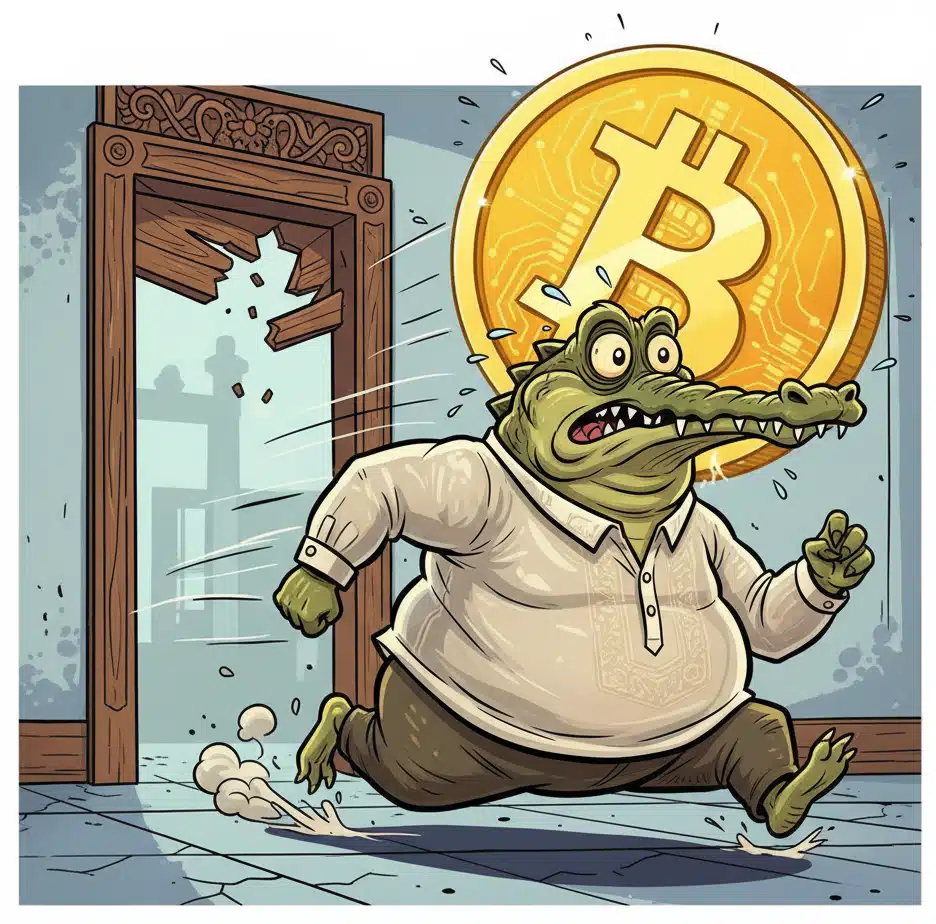It’s 9:00 AM in Pasig, and I’m settling down with my morning coffee—a ritual that sometimes feels as indispensable as breathing. But today, the mental energy isn’t just focused on my APAC team’s deliverables or debating which cat meme is currently superior. It’s focused on a chapter in our nation’s story that is just begging to be written: transparency, accountability, and the power of distributed technology.
As someone with a Master’s background split between Computer Science and Psychology, I often find myself translating complex code into human archetypes. Right now, there is no greater intersection of technology and national impact than the conversation around placing our National Budget and government transactions on the Blockchain.
Senator Bam Aquino recently highlighted this massive potential, noting that putting the government’s financial movements on a fully transparent platform is a crucial step for real public accountability—and frankly, he’s absolutely right.
I. The Foundation: What Exactly is Blockchain?
Forget the crypto hype for a second. At its core, blockchain is a beautiful piece of architectural engineering.
Think of it as a shared, digital ledger—like a giant, communal accounting book—that is copied and maintained across thousands of computers simultaneously.
- Blocks: Every transaction or data point (e.g., “₱10 Million allocated to Classroom Construction in Cebu”) is grouped into a “block.”
- Chain: Once this block is validated by the network, it is cryptographically sealed and permanently attached to the previous block, forming a chain.
- Immutability: The key feature? Once a block is added, it cannot be changed or deleted. If you need to make a correction, you have to add a new block showing the update, but the original entry remains visible forever.
- Decentralization: Because no single entity (like a bank or a government agency) controls the whole ledger, it’s highly resistant to tampering. To cheat the system, you’d have to simultaneously hack thousands of independent computers—a near-impossible task.
In short, blockchain is an un-erasable, distributed record of truth. And that, my friends, is exactly what we need right now.
II. The Application: Why This Is a Game-Changer for the Philippines
The current situation in the Philippines, as in many developing nations, often boils down to a crisis of trust and leakage in public funds. When budget allocations happen behind closed doors or through opaque systems, accountability suffers. This is where my Psychology hat comes on.
Trust is built on two things: predictability and transparency. A blockchain-backed government transaction system directly addresses both:
Pinpointing Public Funds with Surgical Precision
The DBM has already taken a commendable initial step by exploring a blockchain-based system for documents like the Special Allotment Release Order (SARO). This means that a citizen, NGO, or journalist can theoretically track exactly when and where a specific fund was released.
If the entire national budget were on this platform, the question of “Where did the money go?” becomes an unchangeable, publicly auditable, data-driven answer. No more guessing games. Every peso, from allocation to disbursement, is logged in that “un-erasable book.”
The Psychology of Accountability
Placing government transactions on the blockchain creates what I call Maximum Public Scrutiny.
When people know their actions are permanently and visibly recorded for everyone to see, their behavior fundamentally changes. It deters corruption not just by making it harder to hide a fraudulent transaction, but by making the attempt a permanent stain on the public record. Good governance is enabled not just by good people, but by good systems that encourage ethical behavior and expose bad actors.
Data Accessibility and Citizen Empowerment
For far too long, budget review has been a highly specialized, technical process reserved for auditors and analysts. Blockchain democratizes this data. By putting the ledger online in a verifiable format, we empower tech groups, civic organizations, and even ordinary citizens to build simple, user-friendly tools that interpret the data. Imagine a mobile app that shows, in real-time, the exact amount spent on your local barangay projects.
This isn’t just about technology; it’s about shifting the power dynamic and ensuring that “we, the people” have the clearest possible picture of how our taxes are being spent.
III. A New Chapter for Pinas
Adopting technology like this requires significant effort, investment, and a willingness to face the skeptics—especially when we still need to fix basic issues like internet access. But as Senator Aquino rightly suggests, we use the right technology to help us jump a few steps ahead.
Blockchain is more than just a buzzword; it’s a social technology capable of building institutional trust. For the Philippines, a move toward a blockchain-backed budget is a declaration that we are ready to move from a system of whispered rumors to one of undeniable, verifiable fact.
Now, if you’ll excuse me, I’m gonna catch up with Becoming Jane Austen and probably send a silly picture of my cat to my team—but I’ll be keeping a very close watch on this particular new chapter in Philippine tech governance.
This is one story that promises a much happier ending for all of us.
Sources
Bam Aquino wants nat’l budget, gov’t transactions on blockchain
Bam Aquino: Blockchain can boost transparency in national budget

Summer works as People Manager at MIW overseeing the APAC region. A proud cat parent and book lover.




